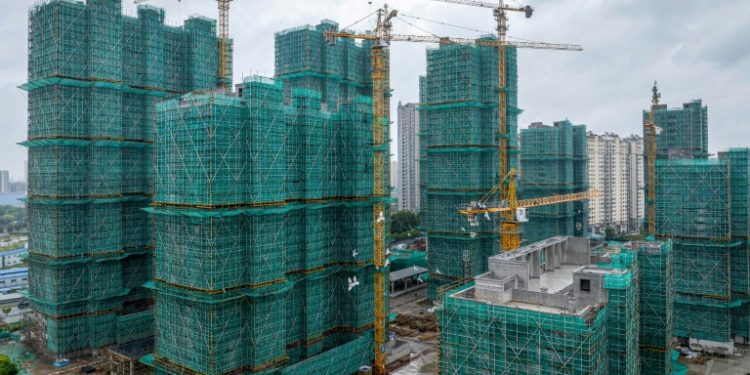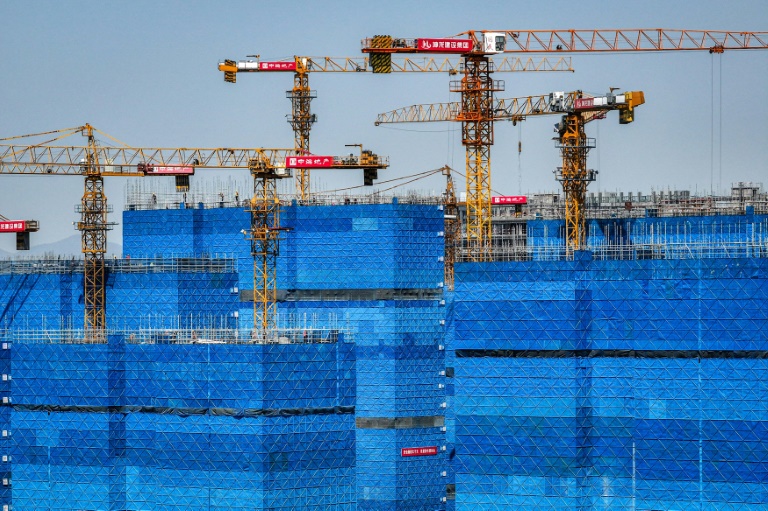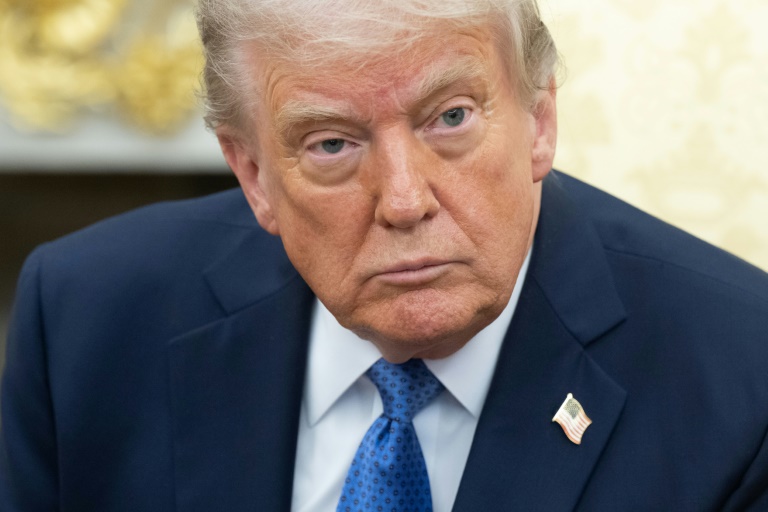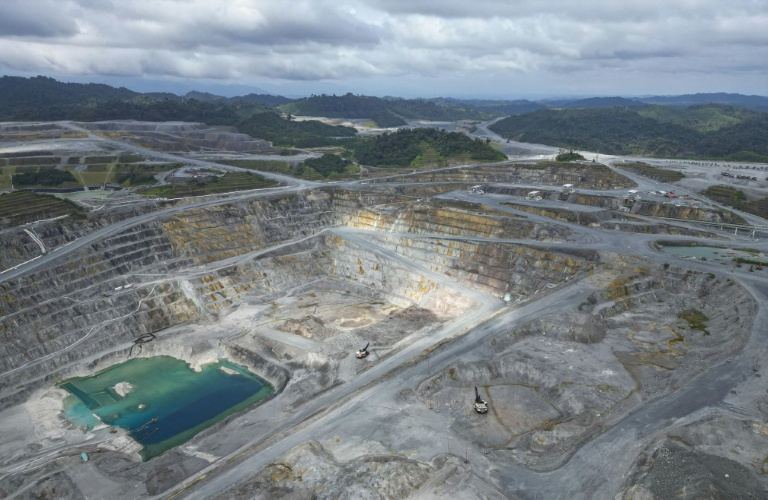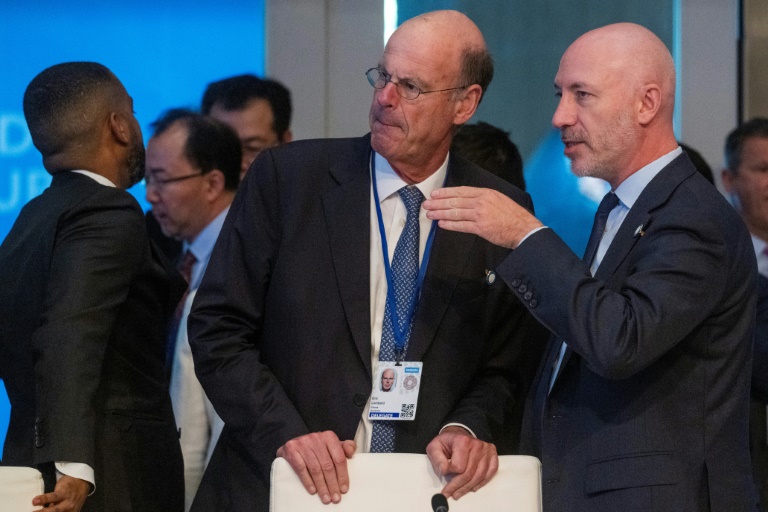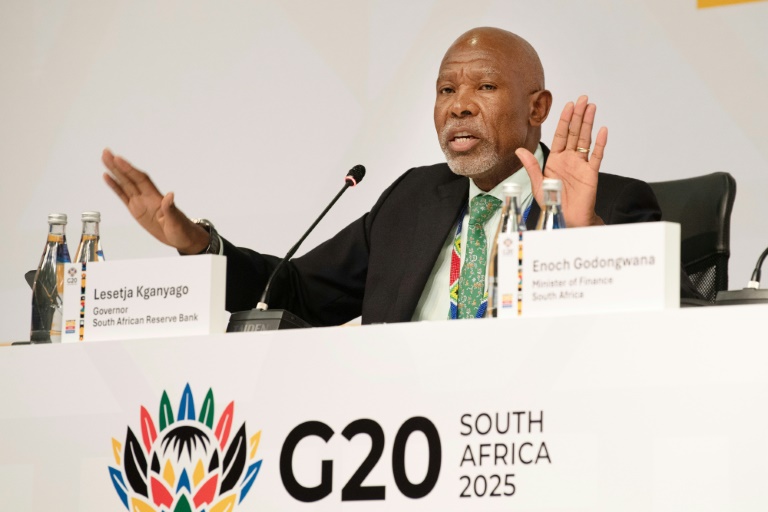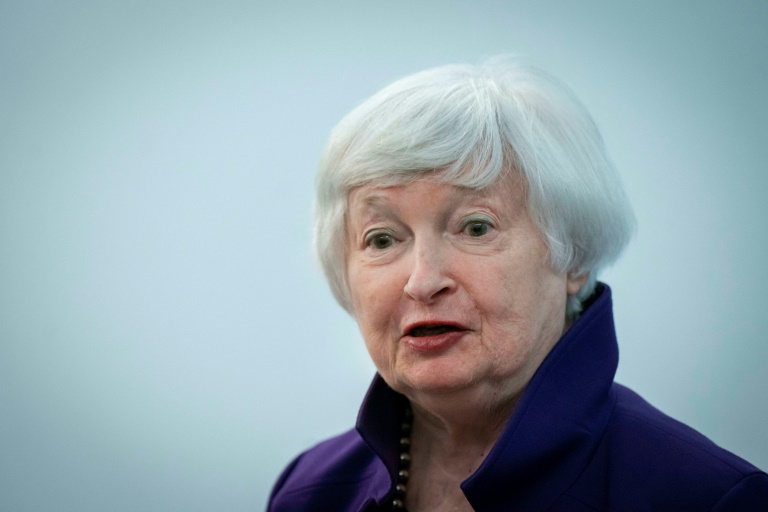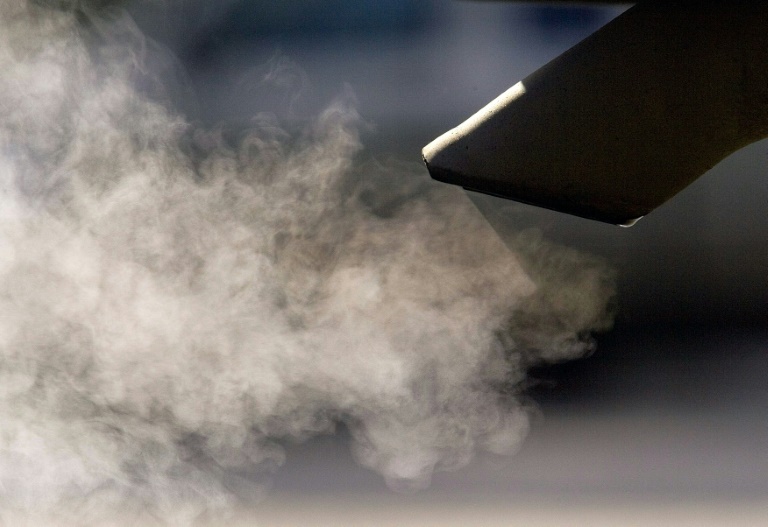Beijing (AFP) – China is expected to post its slowest growth in a year and a half on Friday, as Beijing struggles to steady an economy shaken by sluggish spending and persistent property sector woes. Officials have in recent weeks unveiled a string of measures to reignite the world’s number-two economy, with an eye to achieving five percent annual growth. However, after a blistering market rally fueled by hopes for a long-awaited “bazooka stimulus,” optimism has tapered as authorities refrained from providing a specific figure for the bailout or detailing any of the pledges.
Analysts surveyed by AFP expect China’s economy to have only expanded 4.5 percent in the third quarter of the year. That would be down from 4.7 in the second quarter and mark the slowest growth since early 2023, when China was emerging from its strict zero-Covid policy. Ahead of the GDP figures, state media said the country’s top banks had cut interest rates on yuan deposits for the second time this year. Beijing has expressed “full confidence” in achieving its annual growth goal, but economists say more direct fiscal stimulus is needed to revive activity and restore business confidence.
Recent weeks have seen authorities unveil a raft of measures to funnel cash into the economy, including a series of rate cuts and loosened restrictions on home-buying. However, investors are clamoring for more specifics on how Beijing plans to shift its economy towards a consumption-driven model that can sustain long-term growth. A major headache has been a prolonged crisis in the property sector, which has long been a key driver of growth but is now mired in debt. On Thursday, officials announced they would boost credit available for unfinished housing projects to more than $500 billion. Authorities also promised to facilitate the renovation of a million homes, a move intended to boost activity in the property sector.
But as with a slew of much-touted briefings in the past week, Thursday’s press conference failed to impress with its lack of big-ticket financial pledges. Beijing is “trying to talk the talk, with more noise about stabilizing the property market,” Stephen Innes, managing partner at SPI Asset Management, said in a note. “As the briefing rolled on, it was clear: traders were not thrilled,” he added. “Let’s be honest, though — China’s property mess isn’t something that can be patched up with a few speeches and half-baked measures.”
A number of major cities have in recent months eased house-buying restrictions, including in Chengdu, the capital of southwestern province of Sichuan, and the northern port city of Tianjin. China’s economic growth is also being hindered by sluggish domestic spending, with consumer wariness threatening to plunge the country into deflation. The September consumer price index — a key measure of inflation — missed expectations, speaking to continued lackluster demand.
© 2024 AFP

